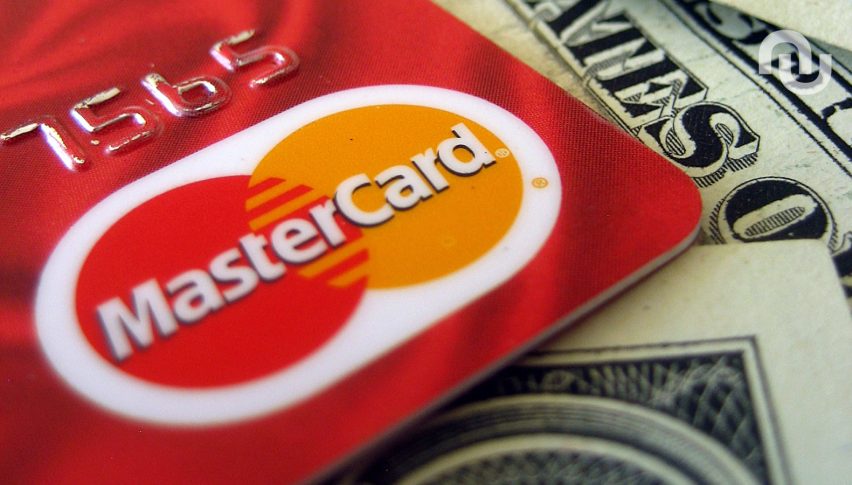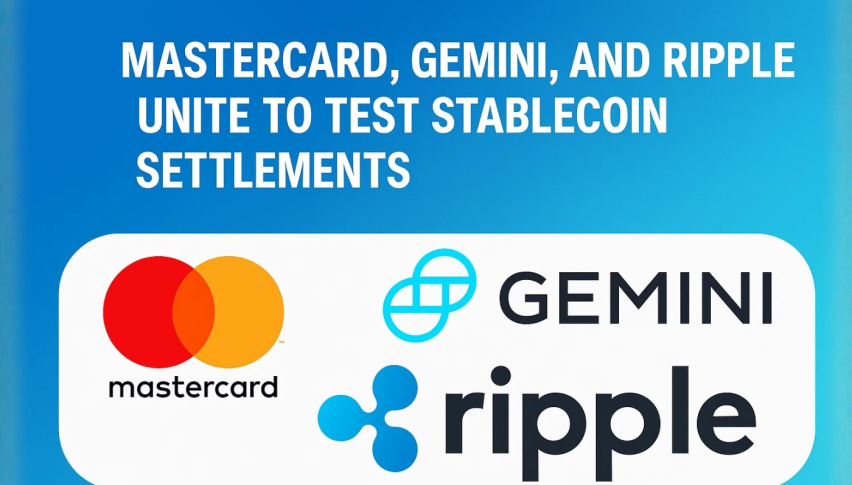Post-GENIUS Act, Mastercard Backs Stablecoins with Centralized Approach
Mastercard has officially embraced stablecoins, positioning itself as a vital component of the evolving financial system.

Quick overview
- Mastercard has officially embraced stablecoins, positioning itself as a key player in the evolving financial system.
- The recent passage of the Genius Act has created a new era of clear regulations and increased trust in digital assets.
- Mastercard aims to serve as a centralized intermediary in the stablecoin ecosystem, enhancing user protection and compliance.
- To transition from niche to mainstream, stablecoins must be part of trustworthy systems that ensure smooth operations across platforms and borders.
Mastercard has officially embraced stablecoins, positioning itself as a vital component of the evolving financial system. The discourse surrounding stablecoins is being significantly influenced by the recent passage of the Genius Act.

Mastercard, a leading payments company, expressed its support for stablecoins, which removes a significant obstacle to their growth. However, the concept of decentralized money does not align with Mastercard’s vision for the future.
This development represents a pivotal moment for stablecoins. The U.S. Congress’s enactment of the GENIUS Act ushers in a new era of clear regulations and heightened trust in digital assets, according to Jesse McWaters, Executive Vice President at Mastercard.
McWaters emphasized that stablecoins are already being utilized in practical applications, particularly for international payments. They provide a fast and cost-effective alternative to traditional banking transfers and other payment methods for international business-to-business transactions or remittances.
However, McWaters believes that an essential element missing from stablecoins is an intermediary like Mastercard. Mastercard describes itself as “one of the world’s most trusted payments networks” and aims to play a vital role as a centralized middleman in a stablecoin ecosystem.
Still, stablecoins need more than speed and programmability to move from niche to mainstream.
They must be part of trustworthy systems that protect users, resolve issues, and work smoothly across platforms and borders, according to McWaters. “Mastercard can help with that,” he added.
The large payments company has already begun several projects focused on stablecoins, including features that enhance user protection and compliance, such as Mastercard Crypto Credential and Mastercard Multi-Token Network. Mastercard envisions a future where trust shifts away from peer-to-peer systems that lack reliability.
- Check out our free forex signals
- Follow the top economic events on FX Leaders economic calendar
- Trade better, discover more Forex Trading Strategies
- Open a FREE Trading Account
